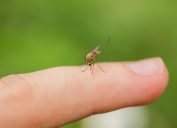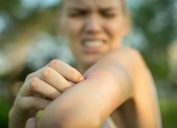4 Soaps and Scents That Attract Mosquitoes, Experts Say
Mosquitoes really do prefer some people. Your scent may have something to do with it.
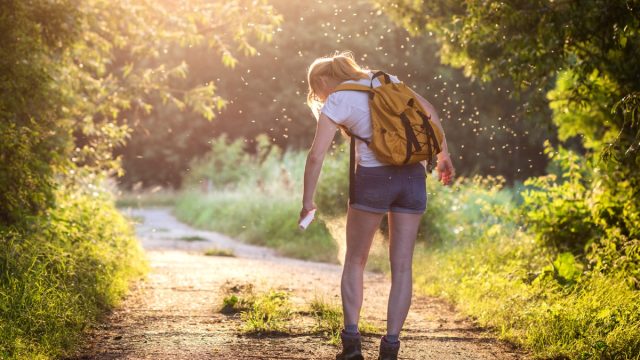
As you head outdoors this summer, it's important to protect yourself against pesky pests—especially mosquitoes, whose bites can linger for days in the form of itchy, red welts. To avoid this common nuisance, you may want to consider why these insects find you enticing. And one reason is that certain soaps and scents attract mosquitoes.
There are several ways that mosquitoes locate their hosts, and many of these come down to the natural signals your body sends, explains Mo Samir, a senior technician for the U.K.-based company Bugwise Pest Control. These can include subtle factors that are often undetectable to people, such as one's production of lactic acid (a byproduct of physical activity when you sweat), the carbon dioxide you exhale, certain bacteria on the skin, and changes in body heat.
However, studies show that besides these naturally occurring factors, there are also a handful of soaps or scents that may draw mosquitoes near. Read on to learn which ones to nix, so you can make the most of your time spent outdoors.
READ THIS NEXT: 4 Soaps and Scents That Repel Mosquitoes, Experts Say.
4 Soaps and Scents That Attract Mosquitoes
1. Floral soaps and perfumes
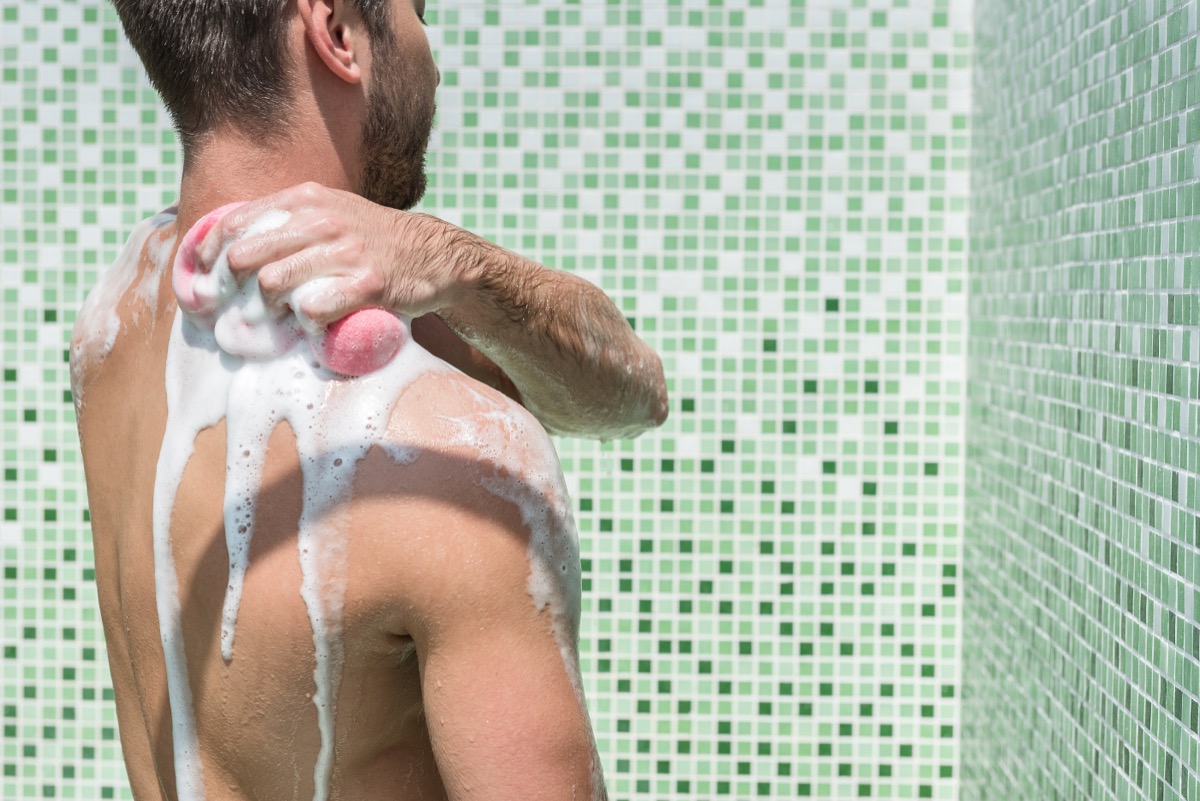
Cleaning off your natural sweat scent with soap may help reduce your likelihood of mosquito bites, but floral-scented soaps and perfumes may have the opposite effect, experts say.
In fact, a May 2023 study conducted by Virginia Tech researchers found that soaps can indeed alter mosquito attraction, and fruity soaps were among the most appealing to the pests.
"Everybody smells different, even after the application of soap; your physiological status, the way you live, what you eat, and the places you go all affect the way you smell," said Chloé Lahondère, a biochemist and co-author of the study, via press release. "Soaps drastically change the way we smell, not only by adding chemicals, but also by causing variations in the emission of compounds that we are already naturally producing."
Vincent Luca, owner of On Demand Pest Control, further explains the reason behind this attraction: "Mosquitoes are naturally inclined to seek out sources of nectar, which is abundant in flowers. Therefore, when humans use scented products that mimic these floral aromas, mosquitoes are tricked into believing that there is a potential food source nearby."
2. Beer

According to a 2002 study published in the Journal of the American Mosquito Control Association, drinking beer has been linked to a higher rate of mosquito bites.
The study showed that mosquitoes landed on volunteers at an increased rate "after beer ingestion compared with before ingestion, showing clearly that drinking alcohol stimulates mosquito attraction."
While some scientists speculate that this could be because drinking raises one's body temperature, others point out that it also causes you to sweat more—making your scent easier to find.
Grayson Brown, director of the Public Health Entomology Laboratory in the Department of Entomology at the University of Kentucky, says there's another reason that beer may attract mosquitoes.
"CO2 comes bubbling out of a beer when it's opened. C02 is going to attract mosquitoes that feed mostly on mammals," he told CBS News in 2016, adding that mosquitoes can detect the scent from up to 100 feet away.
READ THIS NEXT: 5 Plants That Will Keep Mosquitoes Out of Your Yard, According to Pest Experts.
3. Soaps with high PH levels
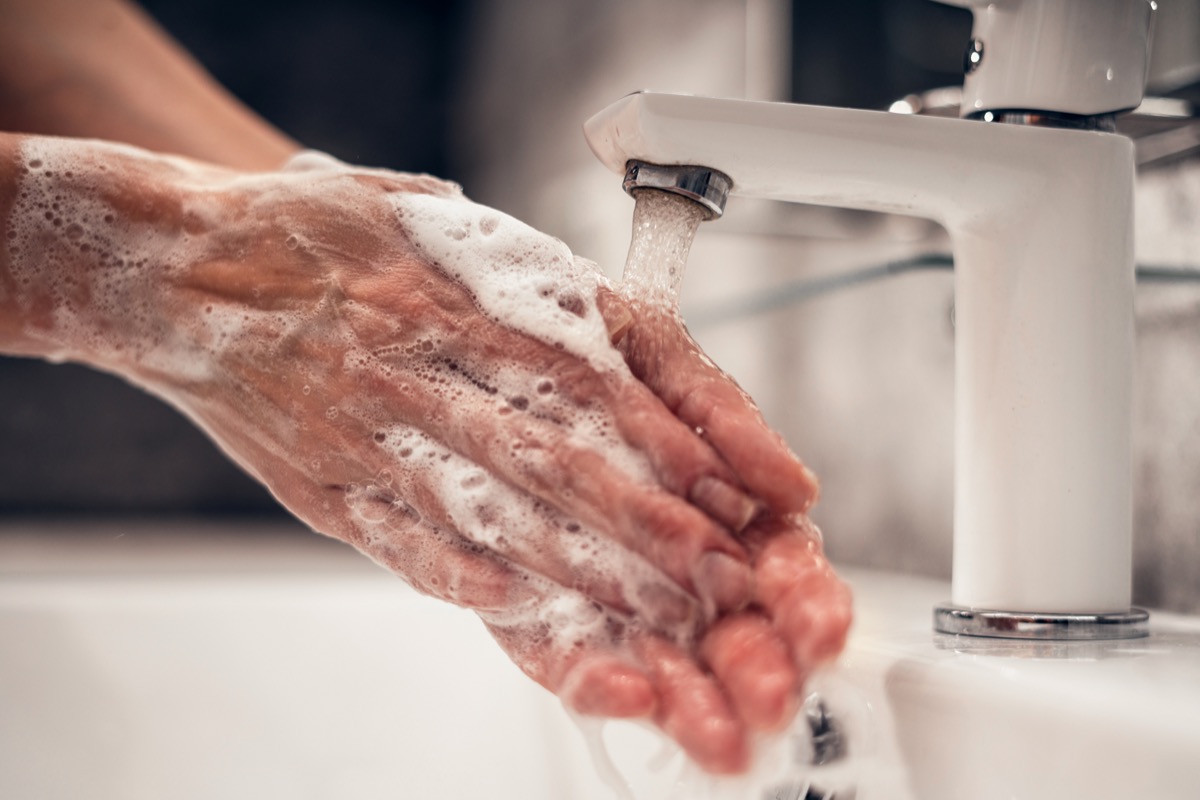
When experts talk about your skin's pH, or Potential hydrogen, they're referring to a one-to-14 scale that measures the acidity level on the surface of your skin. Healthy skin will typically have a pH level between four and seven.
However, "using soap or lotion that is more alkaline (higher pH) can alter the skin's pH, making it more attractive to mosquitoes," says A.H David from Pest Control Weekly. "Soaps with a higher pH can disrupt the skin's acid mantle, potentially leading to an overgrowth of bacteria, and thus increasing attractiveness to mosquitoes."
4. "Stinky cheese" smell
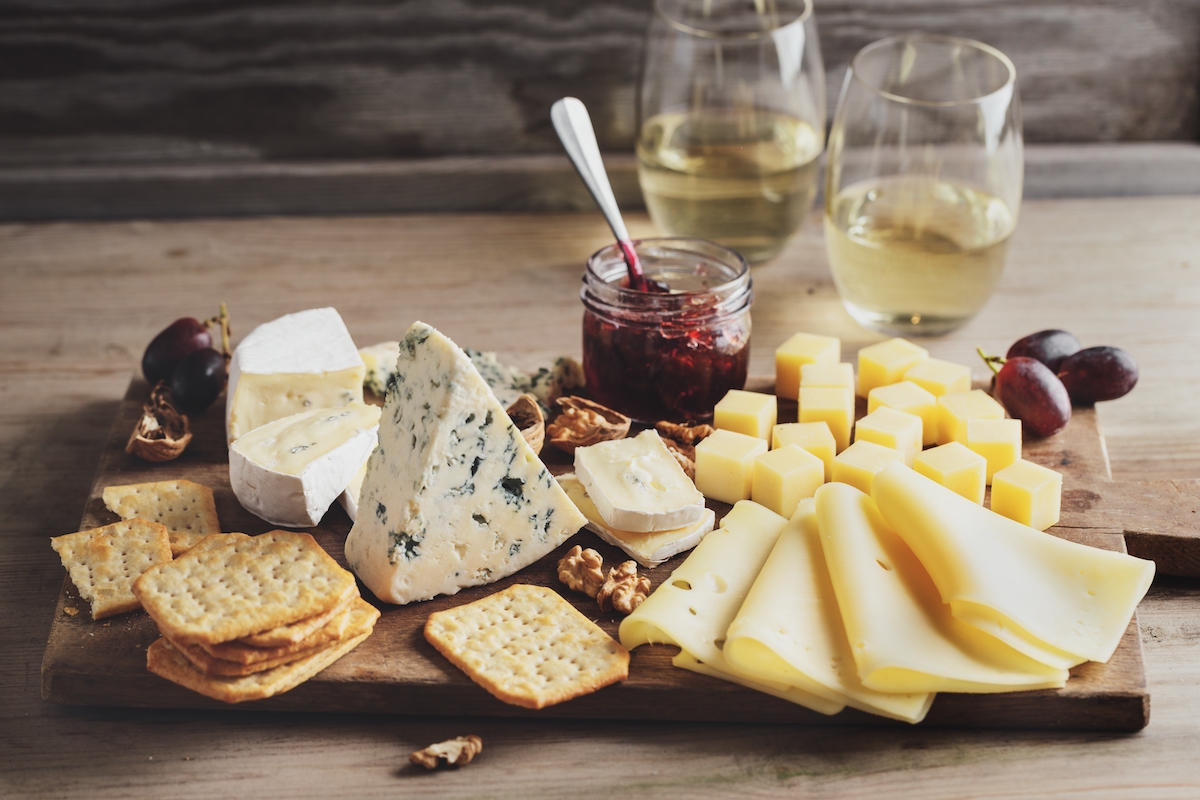
In a May 2023 study published in the journal Current Biology, a group of researchers compared mosquitoes' smell preferences across different humans to determine which scents attracted them most.
To conduct their study, the researchers created a screened-in arena surrounded by six protected tents where study participants slept. Using long tubes, they pumped the air from the tents into the arena onto absorbent pads which had also been baited with carbon dioxide. The team then used infrared cameras to track the mosquitoes' preferences.
The team concluded that the scent the mosquitoes were most attracted to was that of carboxylic acid, a compound found in stinky cheeses such as Limburger. These same carboxylic acids are produced naturally in human skin, though we are unlikely to detect the scent ourselves.
For more health and wellness tips sent directly to your inbox, sign up for our daily newsletter.
Here's how to ward off mosquitoes, experts say.
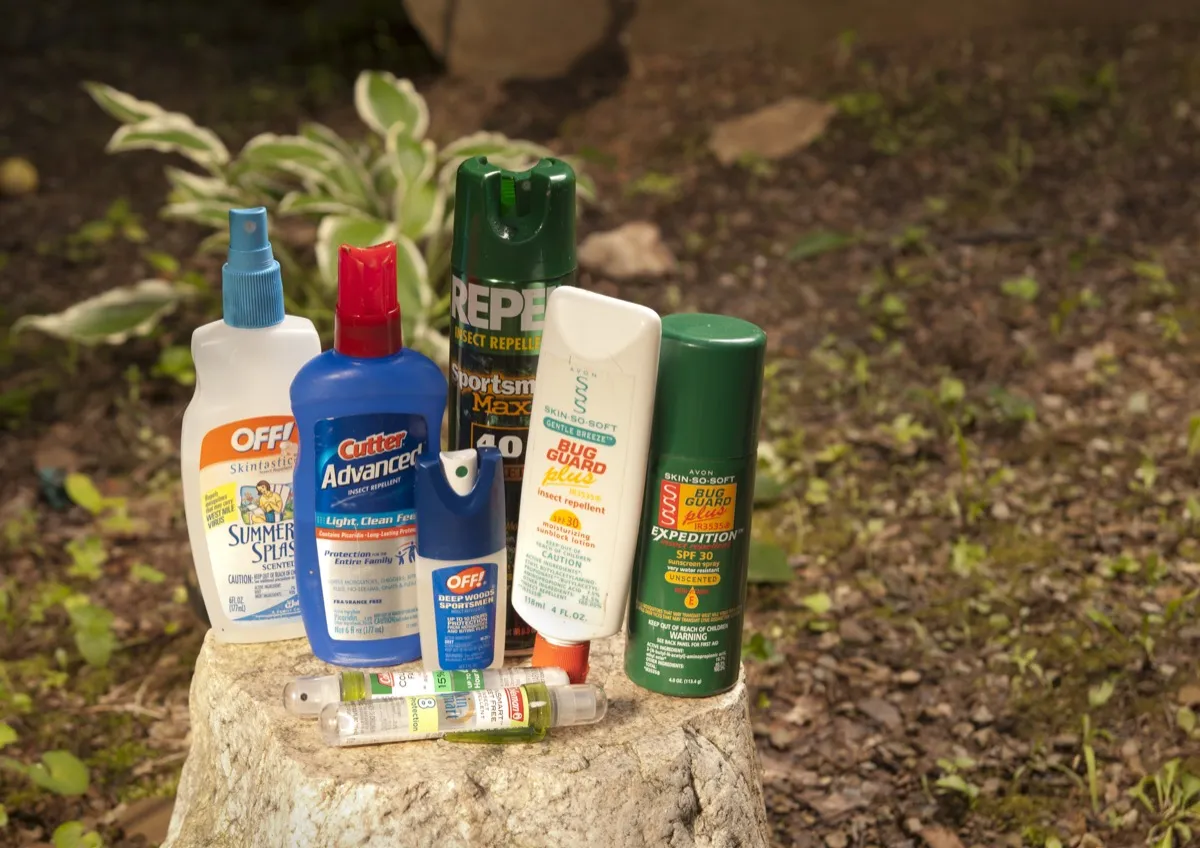
The Virginia Tech study found that while floral-scented soaps were most likely to attract mosquitoes, coconut-scented soaps were most likely to repel them.
"I would choose a coconut-scented soap if I wanted to reduce mosquito attraction," said Clément Vinauger, a senior author on the study, via press release.
You might also consider the brand of soap you're buying. "Washing with Dove and Simple Truth increased the attractiveness of some (but not all) volunteers, while washing with Native soap tended to repel mosquitoes," the study explained.
However, while being mindful of soaps and scents may help reduce mosquitoes' likelihood of biting, experts say that you also should plan to use an effective repellent—especially if you are located in an area where mosquitoes carry serious diseases.
"If you're trying to avoid getting bitten, the best thing you can do is use a repellent that contains DEET, picaridin, or oil of lemon eucalyptus," says Samir. "These are the most effective mosquito repellents according to the Centers for Disease Control and Prevention."
